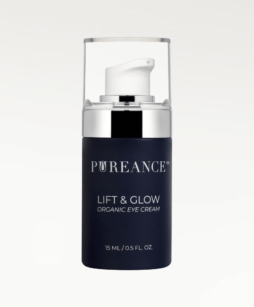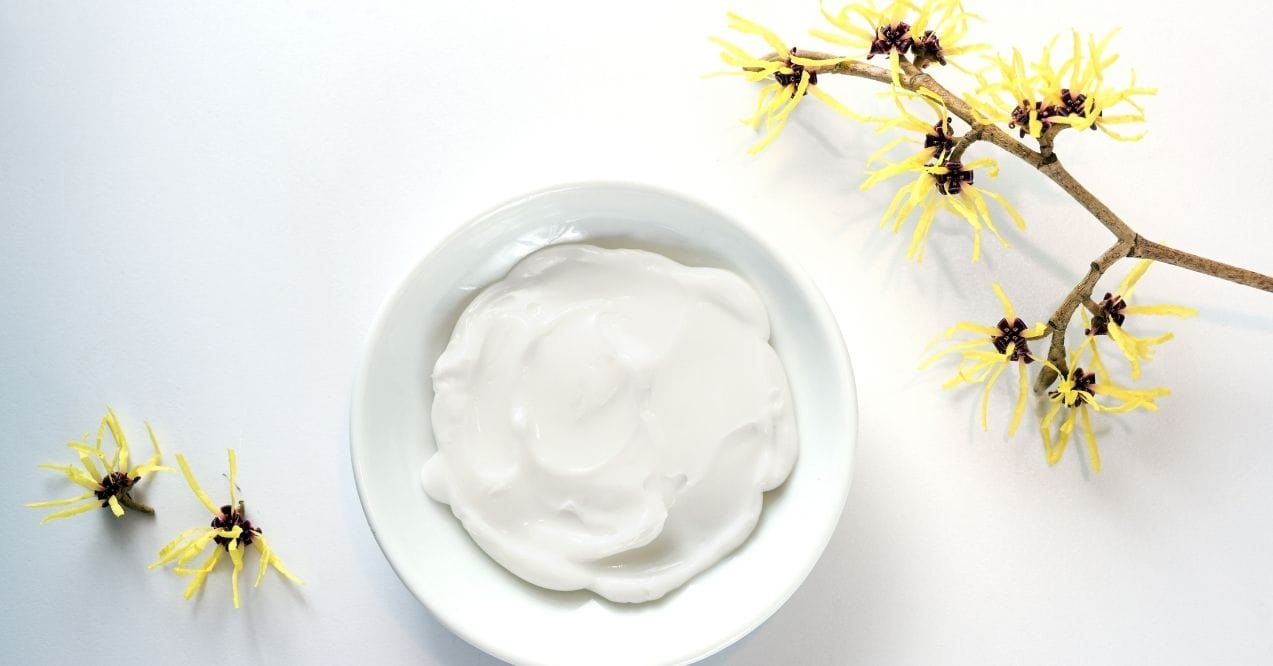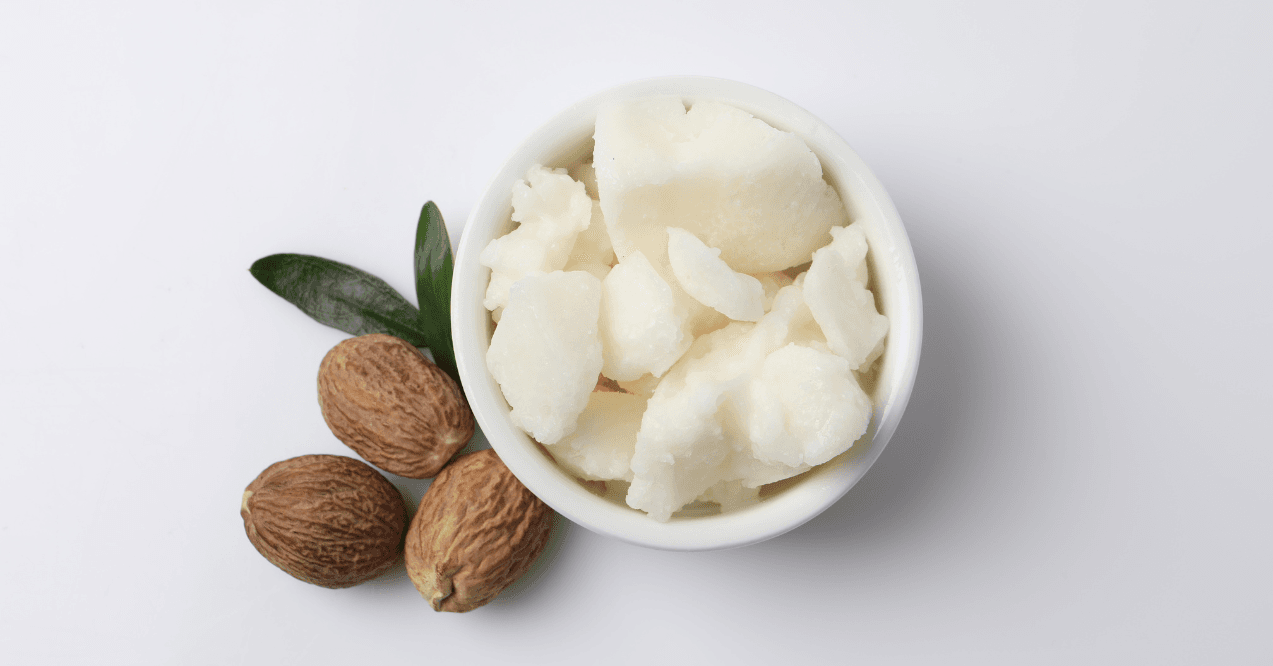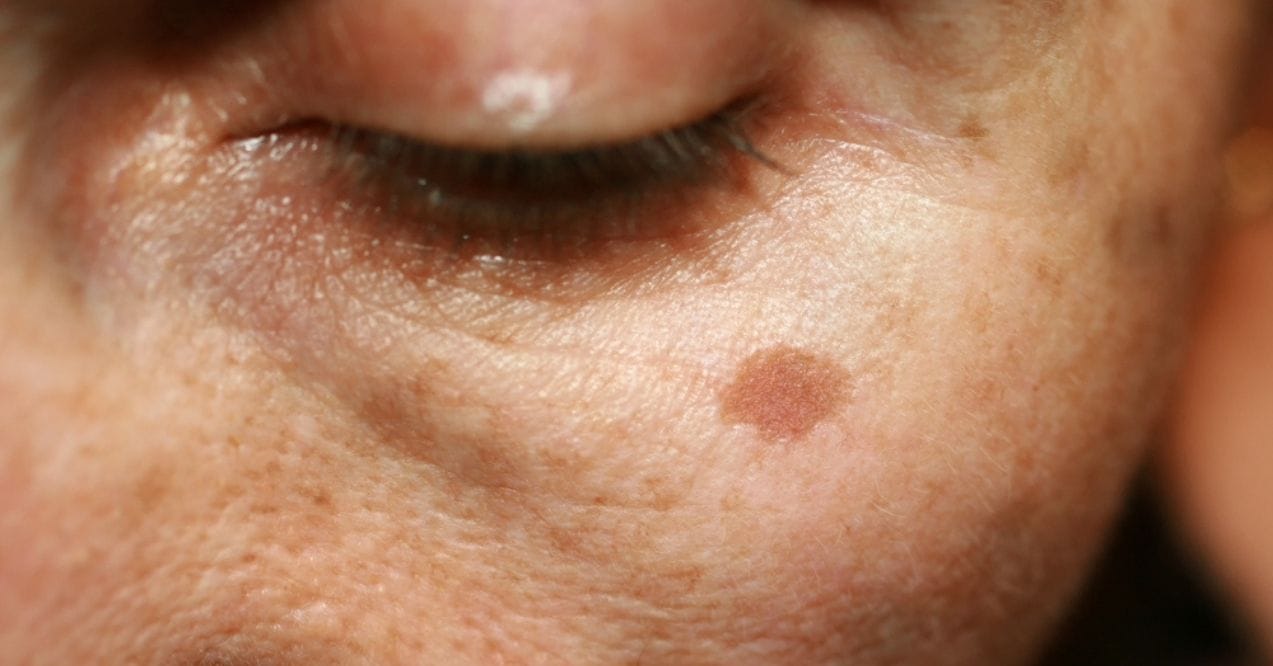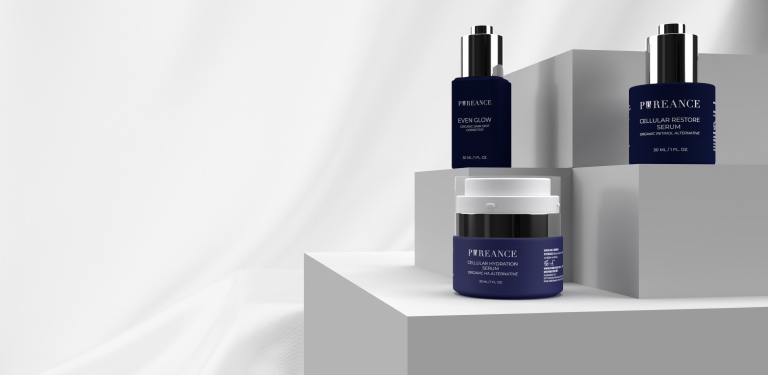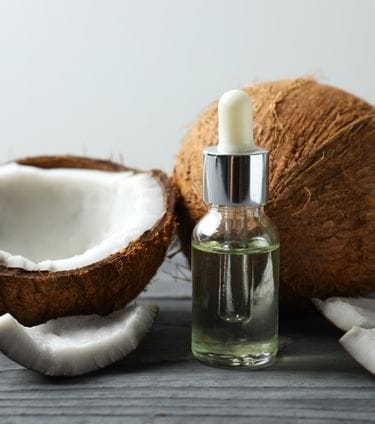
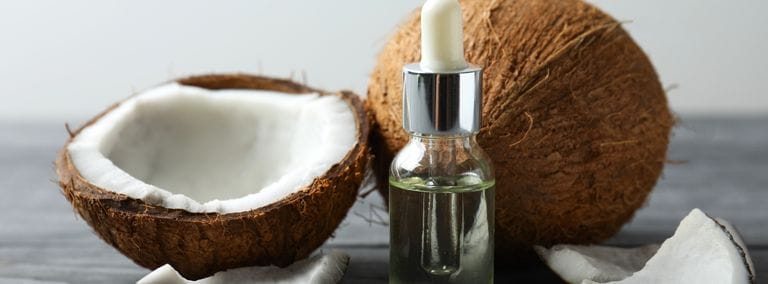

Coconut Oil for Dark Spots: Does It Work?
Dark spots – also known as hyperpigmentation – can change the way skin looks and feels. They often show up after acne, sun exposure, or hormonal shifts, and become more noticeable as we age.
Among natural skincare ingredients, coconut oil for dark spots has gained a lot of attention. It’s rich in healthy fats and antioxidants, and many people use it to support a more even-looking tone. But does it actually help? In this post, we’ll take a closer look at what coconut oil can do – and where it might fall short.
Key Article Findings
- Coconut oil doesn’t directly lighten dark spots but supports overall skin health through moisturizing and antioxidant properties.
- Best results require consistent daily application for 4-6 weeks.
- Works better when combined with targeted ingredients for stubborn spots.
Does Coconut Oil Help with Dark Spots?
Many skincare enthusiasts wonder if coconut oil for pigmentation is truly effective. The answer isn’t straightforward – coconut oil offers several properties that may support skin’s appearance, but it’s not a targeted treatment for discoloration. Understanding how this natural oil works helps set realistic expectations for those hoping to improve the look of dark spots.
Antioxidant Protection
Coconut oil contains natural antioxidants that help shield your skin from environmental damage:
- Natural vitamin E compounds fight free radicals that can worsen existing dark spots
- Regular application may help maintain skin’s defense against UV damage (though it’s not a substitute for sunscreen)
- Antioxidants support overall skin health, potentially creating an environment where dark spots appear less noticeable
The protective qualities in coconut oil work primarily on the surface level. When applied consistently, these antioxidants help minimize additional oxidative stress that can make hyperpigmentation more apparent. However, they don’t directly block or reduce melanin production in the skin.
Anti-Inflammatory Action on PIH
Applying coconut oil on dark spots may help calm the skin’s inflammatory response:
- Medium-chain fatty acids in coconut oil have soothing properties that reduce redness
- Less inflammation means potentially fewer triggers for post-inflammatory hyperpigmentation
- Regular moisturizing with coconut oil keeps skin hydrated, supporting its natural renewal process
When skin becomes inflamed – whether from acne, minor irritation, or sun exposure – it often responds by producing more pigment. Coconut oil’s calming effect may interrupt this cycle. The oil forms a protective barrier that locks in moisture while supporting skin comfort.
How to Use Coconut Oil for Dark Spots
Adding coconut oil to your skincare routine is simple, but proper application makes a difference in how well it works for dark spots. This natural oil works best as part of a consistent evening routine when your skin focuses on repair. Those with dry to normal skin typically see the most benefits, while those with oily or acne-prone skin should use it sparingly.
The quality of your coconut oil matters too. Look for virgin, cold-pressed coconut oil without additives for the purest form of skincare support.
Application Techniques and Tips
Follow these steps for best results:
- Start with clean, slightly damp skin to help the oil spread more easily
- Scoop a small amount (about the size of a pea) with clean fingers
- Warm the oil between your palms until it melts completely
- Gently press and pat the oil onto areas with dark spots, avoiding rubbing
- Allow 10-15 minutes for absorption before lying down
Always perform a patch test on your inner arm before applying to your face. If your skin feels too greasy after application, blot excess oil with a clean tissue. Those with combination skin might prefer applying coconut oil only to dry areas or spots with hyperpigmentation.
Combining Coconut Oil with Other Ingredients
Enhance coconut oil’s supporting properties by pairing it with complementary ingredients:
- Layer under coconut oil – Apply water-based serums with vitamin C or niacinamide first
- Mix-in options – A drop of rosehip oil adds extra antioxidant power
- Weekly boost – Create a paste with a pinch of turmeric and coconut oil for spot treatment
When using multiple products, apply lightest to heaviest, with coconut oil typically serving as one of the final steps to seal in benefits from other products. For morning use, remember that coconut oil doesn’t contain sun protection, so follow with appropriate sun care if heading outdoors.
When to Expect Results and What to Watch For
Natural approaches require patience. If you’re wondering how long does it take for hyperpigmentation to go away when using coconut oil, expect a timeline of 4-6 weeks before noticing subtle improvements in your skin’s appearance. Consistency is key – daily application allows the supportive compounds to do their work over time.
Not every skin type responds well to coconut oil. Watch for these signs that it may not be suitable for you:
- Tiny bumps or whiteheads appearing in new areas
- Increased redness or discomfort after application
- Skin feeling unusually greasy even hours after use
- Existing dark spots becoming more noticeable
If your skin shows signs of irritation, discontinue use immediately. For dark spots that persist beyond several months of consistent care, or spots that change in size, shape, or color, consider seeking professional advice for more tailored approaches.
What Research Says About Coconut Oil and Dark Spots
When exploring natural oils for hyperpigmentation, it’s important to understand what science actually supports. Current research confirms coconut oil’s excellent moisturizing properties and antimicrobial benefits. However, clinical studies specifically examining its effects on dark spots remain limited.
Most evidence supporting coconut oil for pigmentation comes from understanding its components rather than direct studies:
- Contains lauric acid and vitamin E with antioxidant properties
- Shows potential to support skin barrier function
- Demonstrates anti-inflammatory activity in various skin applications
Many users report positive results when using coconut oil on dark spots, particularly those resulting from minor irritation. These anecdotal improvements likely stem from better hydration and reduced inflammation rather than direct effects on melanin.
The science suggests coconut oil may create conditions where skin looks healthier overall, potentially making dark spots less noticeable – but it’s not a targeted treatment for hyperpigmentation specifically. This honest assessment helps set realistic expectations about what this natural remedy can actually achieve.
Coconut Oil Alternatives for Stubborn Dark Spots
When coconut oil alone isn’t producing the results you want for persistent dark spots, several more targeted ingredients might help improve the appearance of uneven skin tone:
- Vitamin C serums – Brighten skin and support collagen production for overall improved appearance
- Niacinamide (Vitamin B3) – Helps even skin tone and strengthen the skin barrier
- Alpha arbutin – A gentle ingredient that helps create a more uniform-looking complexion
- Alpha hydroxy acids (AHAs) – These exfoliate the surface layer, supporting natural skin renewal
- Licorice root extract – Contains glabridin, which helps support even-toned skin
For more stubborn discoloration, professional-grade options may offer additional support. These stronger alternatives often work through different mechanisms than natural oils, potentially producing more noticeable improvements in skin appearance.
Coconut oil can still play a valuable role in your skincare routine even when using these alternatives. Consider using it as a final step to lock in moisture after applying active ingredients, or as a gentle makeup remover at the beginning of your routine.
For persistent or changing dark spots that don’t respond to home care, consulting with a skincare professional can help identify the best approach for your specific skin concerns.
Conclusion
Coconut oil for dark spots offers a gentle, natural approach to supporting overall skin health. While not a miracle solution, its moisturizing, antioxidant, and soothing properties may help create conditions where your skin looks more radiant and even-toned over time.
Remember that consistency is key – apply daily for at least 4-6 weeks before evaluating results. For many, coconut oil works best as part of a comprehensive skincare routine rather than a standalone treatment. Whether you use it alone or alongside other skin-supporting ingredients, this accessible kitchen staple deserves consideration in your natural beauty arsenal.
For best results, choose high-quality, virgin coconut oil and listen to your skin’s response. Natural approaches take time, but often reward patience with gentle, sustainable improvements in skin appearance.
Coconut oil doesn’t directly lighten skin or reduce melanin production. Instead, it may improve skin’s overall appearance through moisturizing and antioxidant properties, making dark spots look less noticeable as the skin appears healthier.
Yes, many with sensitive skin tolerate coconut oil well. Always patch test first on your inner arm. Apply a small amount initially and watch for any irritation. Pure, virgin coconut oil without additives is typically gentlest.
Coconut oil may help improve the appearance of post-acne marks through its moisturizing and anti-inflammatory properties. However, it can potentially clog pores, so those prone to breakouts should use sparingly or only on specific spots.
This site offers health, wellness, fitness and nutritional information and is designed for educational purposes only. You should not rely on this information as a substitute for, nor does it replace, professional medical advice, diagnosis, or treatment. If you have any concerns or questions about your health, you should always consult with a physician or other health-care professional. Do not disregard, avoid or delay obtaining medical or health related advice from your health-care professional because of something you may have read on this site. The use of any information provided on this site is solely at your own risk.
Nothing stated or posted on this site or available through any services are intended to be, and must not be taken to be, the practice of medical or counseling care. For purposes of this agreement, the practice of medicine and counseling includes, without limitation, psychiatry, psychology, psychotherapy, or providing health care treatment, instructions, diagnosis, prognosis or advice.
